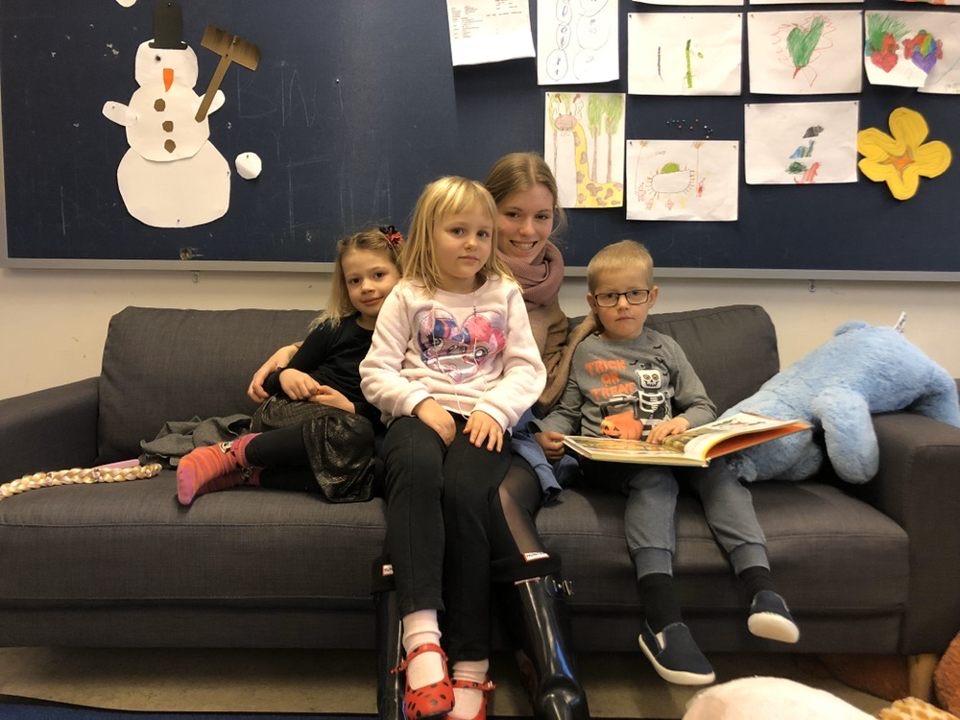Ah, Thanksgiving. It’s the time of the year when the “climate change denier” or the“clandestine Trump supporter” family member pops out over a discussion at the dinner table. Regardless of the spectacles that are family Thanksgiving dinners, the holiday can be a nice respite from the foods of Wellesley Fresh: although excellent in comparison to other colleges’ dining services, it’s hard not to miss sitting down at a real dinner table and eating food made from a recipe from generations ago in your family.
Some Wellesley students cope with the conflicting realities of Thanksgiving by creating their own traditions with a Friendsgiving. The only rule of Friendsgiving? No family allowed, with siblings being the exception, as depicted on the TV sitcom “Friends.” The purpose of Friendsgiving is versatile, for it has been regarded as an excuse to gorge on Thanksgiving food twice in the span of a few days, a celebration of being an adult and a way out of hostile conflicts with family members at the dinner table.
Because students like Isabella Hedly ’23 live several hours away by flight, celebrating by hosting or attending a Friendsgiving is a must. This year, she is planning to travel to Western Massachusetts to spend the holiday with an alumna whom she is close to from the Class of 1990. Although her Friendsgiving may not perfectly model the image provided to us by “Friends,” it will regardless be a variation of the usual Thanksgiving celebration with her family.
“It’s nice to experience [Thanksgiving] differently, because everyone celebrates it differently. Even if they all have the same basic foods, everyone puts their own spin, and it’s nice because everyone has different things to be grateful for because we all come from different walks of life,” Hedly said.
However, students who live close enough to travel home may be compelled to celebrate Friendsgiving as well. Jacqueline Galison ’23 will be celebrating Thanksgiving twice this year: first with her family, then with her friends the day after for a Friendsgiving meal. Last year, she celebrated Friendsgiving with the same people, during which they ate a meal pieced together by whatever each attendee could bake: mac and cheese, mashed potatoes and lots of desserts. Throughout the entire dinner, the TV was shut off, and the only way dinner guests could entertain themselves was by talking to one another — a difficult task nowadays. Although Galison is close to her family and enjoys the “quirks” of her family, she finds the celebration of Friendsgiving even more important now that she and the rest of her friends are away at college for the rest of the year.
“Thanksgiving isn’t the type of event where I’d invite friends to. It’s always been a family affair, and also I have a big family. There’s like 16 to 20 of us in a house eating, so it’s not like I could have an extra [friend] there. Also, it’s nice to have a meal with friends and to catch up,” Galison said.
For Hedly, last year’s Friendsgiving was about sharing her values with others. Because she was in Denmark as part of her gap year during Thanksgiving, very little about her celebration followed American traditions. Instead of turkey and mashed potatoes, she, her host family and her friends ate meatballs and potatoes. This menu was not created without attempts to find traditional Thanksgiving foods, but alas, Denmark was sadly barren of pumpkins. But her celebration of Thanksgiving went beyond the delicious meal: when she was teaching sixth graders English, she discussed with them the traditions of Thanksgiving, such as the idea of gratefulness for what surrounds them in life. Both last year and this year, she is planning to revive this sentiment of gratefulness, because in past years when she celebrated Thanksgiving at home, it was much easier to take her family and their Thanksgiving traditions — which include running a Turkey trot the morning of Thanksgiving and playing Cards Against Humanity — for granted.
International students who will remain on campus may be wondering how to navigate their first American Thanksgiving. Galison has some advice that she herself follows:
“Even though it has horrible, racist and genocidal origins, [they could still celebrate] the whole commercialized Thanksgiving … [with] the Thanksgiving Day parade, the sales at Shop and Shop, everyone has turkey and sh*t. And then there’s the actual atrocious origins of Thanksgiving, which people should absolutely be aware of. If they do have [school or work] off, then I definitely think it’s fun to be celebrating Thanksgiving as long as you recognize that it is, in reality, obviously a terrible day for Native Americans,” Galison said.






